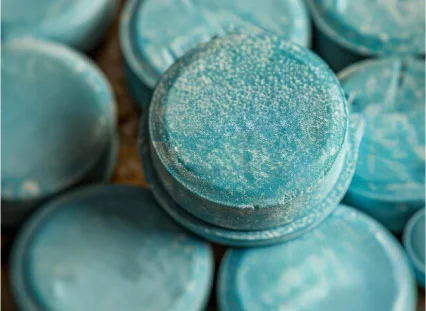Not all US states have legalized marijuana (or, more colloquially, weed). Still, it seems that this partial legalization of the herb increased cannabis use throughout the country, and Florida is not an exception. Therefore, we can say that the field of weed consumption has changed drastically over the past decade. Also, amid legal discussions, one often overlooked aspect is the impact of weed withdrawal symptoms. While marijuana is usually thought of as a recreational substance that “you can’t get addicted to,” the truth is a bit more complex. Once you suddenly stop consuming weed, notable psychological and physiological effects await you. Therefore, the following question: “Can you have withdrawal symptoms from weed?” isn’t a hard one to answer.
We will explore the facts of marijuana withdrawal in an effort to disprove assumptions that have taken root in our modern cannabis-accepting society. Also, you’ll get to see how We Level Up Lake Worth FL can help you or your loved ones go through a withdrawal crisis easier.
Understanding Weed Withdrawal
Did you know that the entire discussion about weed withdrawal being real is scientifically backed? That’s right, if you’re wondering can you have withdrawal from weed, know that marijuana withdrawal comes with its own set of symptoms, as numerous studies show. Some of them show that nearly half of regular weed users experience these symptoms. Although we can’t categorize them as high-risk, symptoms of withdrawal from weed can often sabotage abstinence since the user will have the urge to ease discomfort promptly in a fashion we can only speculate.
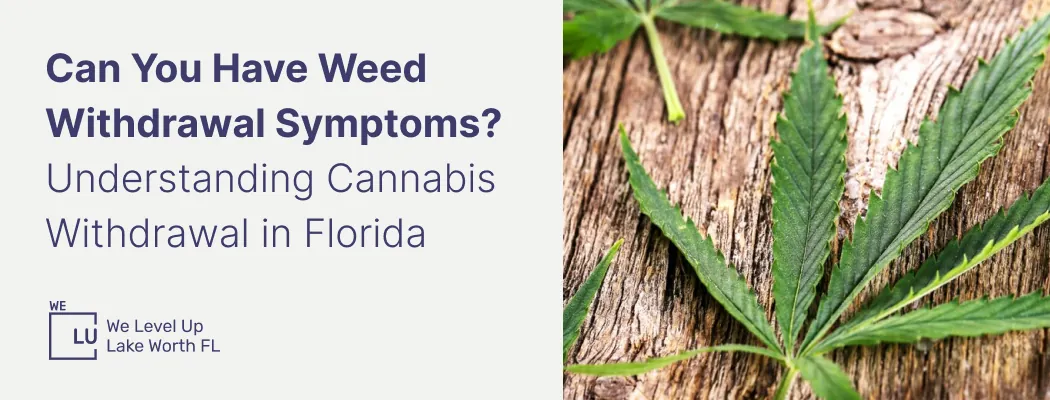
Why Do Weed Withdrawal Symptoms Occur?
Withdrawal happens because the body needs to readjust to a state where it doesn’t have a regular intake of THC (tetrahydrocannabinol, the main psychoactive compound in cannabis). If you’re a frequent cannabis user, your brain will build up a tolerance to THC. What this means is that the more you consume weed, the more your brain will rely on THC to function regularly. Therefore, once you stop using, your body will have to endure these symptoms as part of the adaptation process.
Ironically or not, weed withdrawal symptoms can be the same uncomfortable feelings people use cannabis to relieve themselves from.
What Are Common Weed Withdrawal Symptoms, and When Do They Emerge?
Withdrawal symptoms from weed usually start 24-48 hours after you stop consuming. They peak around days 2-6 and can last for up to 3 weeks or even more in heavier cannabis users. A study published in the National Library of Medicine shows a list of the most common weed withdrawal symptoms.
These are the psychological ones:
- Anxiety. This is typical, given that THC possesses calming properties.
- Irregular and disturbed sleep, vivid dreams. Credits once again go to THC’s calming attributes
- Depressed mood, sadness. Also typical since THC is a mood-booster.
- Loss of appetite. THC is known to induce the so-called munchies; regular users might depend on them to stimulate their appetite.
There are physical symptoms one should be aware of, too: chills, headaches, hypertension, heavy sweating, and/or stomach pain.
Can CBD Abstinence Also Cause Symptoms of Weed Withdrawal?
With all this talk about THC, one might wonder whether stopping the consumption of CBD (cannabidiol) could also lead to symptoms for the user. Well, it’s not that easy to come up with a straightforward answer. There’s evidence suggesting CBD’s psychoactive nature; some researchers propose it could emphasize symptoms like insomnia or depressed mood, particularly after prolonged usage.
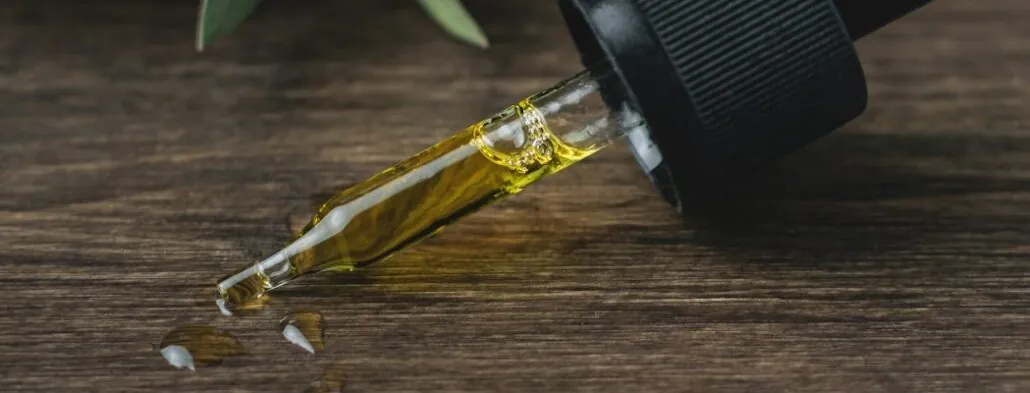
The Science Behind Cannabis Withdrawal
Here, we’ll show you an example of a study that researched weed withdrawal.
Can you have a withdrawal from weed?
The research study on Mesolimbic dopaminergic decline after the withdrawal from cannabinoids represents one of the cornerstones of this subject. During the research, scientists had a goal of understanding the involvement of mesolimbic dopamine neurons in withdrawal from chronic weed exposure. What’s even more interesting is the experiment subjects were rats treated with Δ9-tetrahydrocannabinol (Δ9-THC), the major psychoactive component of marijuana, as we know.
The results were incredible. Cannabis withdrawal led to a behavioral withdrawal syndrome and a decrease in dopamine (also known as the chemical that regulates pleasure inside the brain) neuron activity.
The effects that were seen were similar to those of other addictive drugs. Also, what’s interesting is that spontaneous withdrawal didn’t show obvious signs of abstinence. Instead, it showed the same decrease in dopamine neuron activity.
All in all, the results suggest that chronic weed consumption causes certain neurobiological changes in the mesolimbic dopamine system very similar to those we can observe with more harmful substances than cannabis. These findings lay the groundwork for a deeper comprehension of cannabis craving and the mechanisms behind relapse in addiction.

What Happens to Your Body Once You Quit?
As was noted in the beginning, many people are somewhat skeptical about the general concept of weed addiction. However, emerging research suggests that withdrawal symptoms do indeed occur when you begin cutting back on marijuana use. Keep in mind that these symptoms tend to be easier on the body and shorter-lived compared to other harmful substances (such as alcohol, cocaine, or heroin).
Various drugs disrupt dopamine signaling in the brain’s reward system during drug use. Therefore, abrupt quitting will often result in depression and a reduced ability to experience pleasure. This is more commonly seen in users cutting back on substances like heroin and cocaine. While cannabis withdrawal doesn’t induce the emotional lows seen with the aforementioned drugs, chronic weed users might experience somewhat blunted (no pun intended) dopamine signaling. Luckily, the deficiency in CB1 receptors that are responsible for the blissful neurotransmitter anandamide usually resolves within four weeks of quitting.
The initial post-quitting week is typically the toughest. It’s marked by anxiety and irritability that gradually recede after about four days or so, returning to defaults within a week or two. The aforementioned sleep disturbances and vivid dreams peak around days nine or ten and can persist for a couple of weeks. It’s crucial to mention that these withdrawal symptoms are primarily associated with problematic cannabis use, requiring daily consumption over many years. Casual use (every once in a while) is less likely to lead to withdrawal symptoms of weed.
Why Do People Delay the Decision to Quit Smoking Weed?
Personal stories from former users of weed can be various. Some people started smoking to be a part of the interesting subculture, even in middle or high school days. They just wanted to be cool and fit in. Many didn’t think of weed as something you can get addicted to, so they saw no harm in recreational usage.
Others started smoking to feel more relaxed or to boost their creativity. They saw it as a ritual just like drinking coffee or meditating in the morning. The reasons are numerous and diverse.
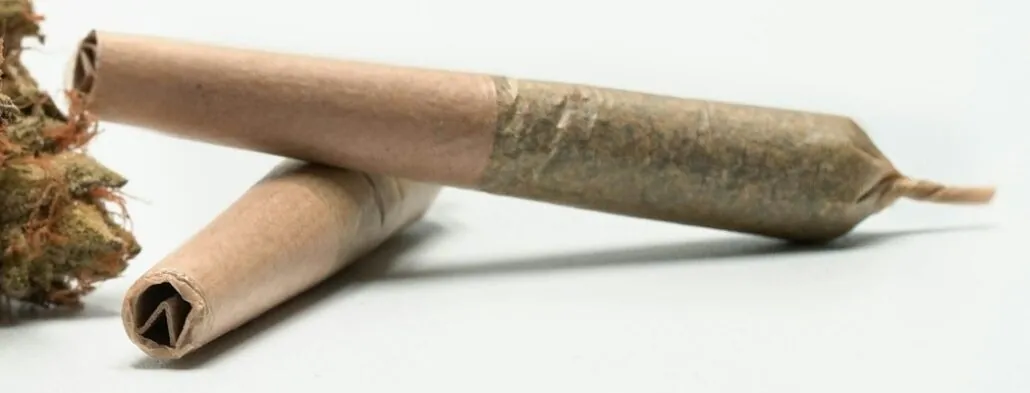
However, when it comes to stopping using weed, people usually have a few similar reasons. It’s either because of their family or job responsibilities or because they wanted a new outlook on life – on prospects, possibilities, and creative process.
Many people agree that having this habit for years leaves them in a somewhat indifferent state of mind. When they find themselves wanting to see life through new glasses, they decide to stop using. Since the question of “Can you have withdraws from weed?” isn’t often and loudly raised, many people don’t actually know what awaits for them after they quit. Others, who know how weed withdrawal symptoms can look, sometimes use it as an excuse to delay the decision to stop.
You Don’t Have to be Alone in the Weed Withdrawal Process
Yes, the fact is – a very large number of people can handle the crisis that sets in after they quit smoking pot on their own. Sadly, not all individuals are as fortunate. Many people need professional assistance during the weed withdrawal period. Even though, as we mentioned earlier, these symptoms aren’t as severe as delirium tremens or other alcohol withdrawal consequences, they might still require careful consideration.
If you’re a Florida native, you can count on We Level Up Lake Worth FL to assist you in managing the symptoms of withdrawal from weed. Our facility has already helped a good number of individuals on their path to total sobriety – abstinence from alcohol, weed, and numerous synthetic drugs. Don’t be hesitant to contact us in order to get all the additional information you might be interested in. Whether it may be weed withdrawal symptoms or any other related issue, substance, or process.
Treatment Options at We Level Up Lake Worth FL
There are many treatment services available at We Level Up Lake Worth FL. Today, we’ll focus our attention on drug detox and SUD (Substance Use Disorder) rehabilitation. These two form the basis of a successful treatment for any substance addiction – cannabis included.
How Detox Helps Overcome Weed Withdrawal
The inpatient detox program revolves around 24/7 care for patients going through a withdrawal crisis. It doesn’t matter whether we’re talking about other addictive substances or weed; the inpatient rehab in Florida, such as We Level Up Lake Worth FL, is here to provide patients with ultimate care and treatment. The detoxification process typically marks the initial phase of rehabilitation in many centers, and our facility is no exception. While common withdrawal symptoms may vary (in regards to the addiction itself), detoxification manages successful, harmless withdrawal and deals with potential issues that may arise as the body eliminates the substance it depends on.
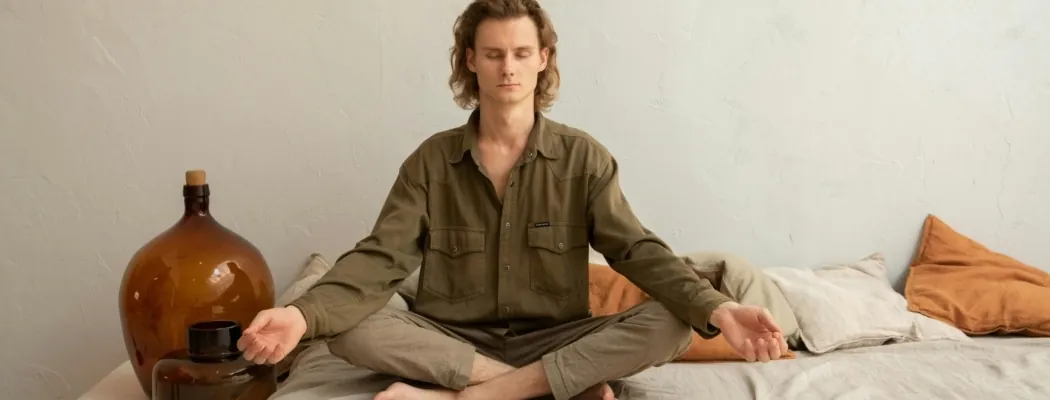
How SUD Rehab Works in Tackling Withdrawal Symptoms From Weed
Another option available at We Level Up Lake Worth FL is comprehensive Substance Use Disorder (SUD) rehabilitation, of which detox is just one step. As detox alone isn’t sufficient to prevent future relapse (and preventing relapse is the main goal of substance abuse treatment), rehab in Lake Worth FL addresses mental and spiritual elements post-detox, offering its patients a supportive environment for healing and inner exploration. We Level Up’s holistic strategy aims at a successful recovery from weed addiction by addressing the issues that triggered it in the first place.
The Role of Dual Diagnosis in Understanding Weed Withdrawal
At We Level Up Lake Worth FL, treating dual-diagnosis patients is an integral part of the inpatient experience. That’s because there’s a pretty strong scientifically-backed correlation between co-occurring disorders and substance abuse, including cannabis addiction.
Our dual diagnosis treatment in Lake Worth focuses on healing both the addiction and the mental health issues that caused it. Now, the connection between mental health issues and substance abuse is reciprocal: some drugs cause symptoms of mental illness, while mental health issues can lead to substance abuse. This complex relationship involves genetic elements, deficits, and shared causes, underlining the crucial need to tackle both aspects for comprehensive and effective treatment.
Programs That Aid Recovery
There are many programs and therapies at We Level Up Lake Worth FL for patients undergoing substance abuse treatment. One such program that helps individuals achieve sobriety is called the 12-step program.
You might already know this, but 12-step programs are one of the most popular and widely recognized therapies in addiction treatment. However, the program itself is not almighty. The research showed it works best in combination with an addiction treatment program or rehab.
The good news is – if you take a 12 step program to get sober (along with treatment), you’ll narrow down the chances of relapse by a great deal. Luckily, We Level Up Lake Worth FL is one of the treatment centers that recognizes the potential of the 12-step program for long-term recovery. That is why it is among the many activities available to those who enroll in our addiction therapy programs.
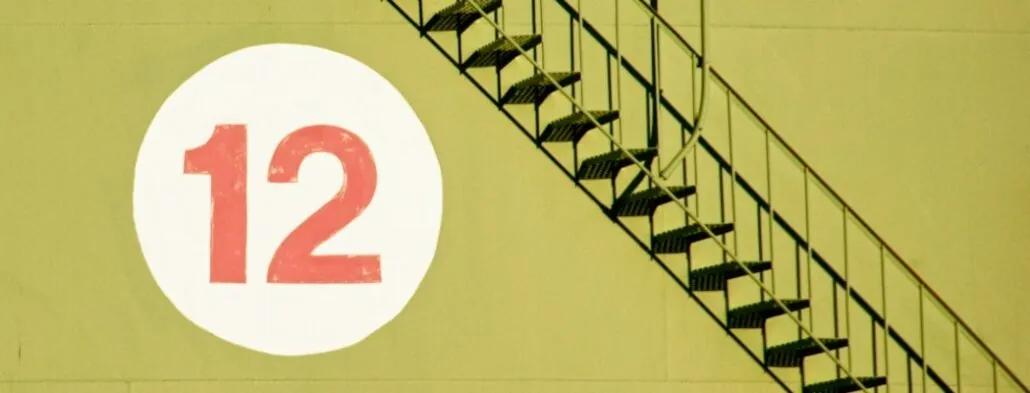
How to Approach Weed Withdrawal
The best way to approach weed withdrawal is to recognize the signs and address both the physical and emotional aspects of the withdrawal process. If you or your loved ones are experiencing the aforementioned weed withdrawal symptoms (anxiety, irritability, sleep disorder, or frequent mood swings), it’s essential to acknowledge these issues. Open communication without judgment and self-reflection play a key role. But make sure you’re not going beyond the border of kind and thoughtful conversation and understand that withdrawal symptoms vary among individuals.
Identifying behavioral changes and being supportive are the main components. Seek professional guidance if needed, and tell someone about your addiction or your loved ones’ issues. This structured approach can greatly assist in navigating the difficult challenges of weed withdrawal.
So, Can You Have Withdrawals From Weed and How to Address Them?
In conclusion, individuals with prolonged and heavy weed use might experience certain withdrawal symptoms, including anxiety, mood swings, and sleep disturbances. Recognizing these issues in oneself or loved ones is essential. A supportive approach involving a gradual ending of using weed, seeking professional assistance, including the Florida drug detox program, and considering lifestyle adjustments can help you obtain a smoother transition, promoting overall well-being during withdrawal.
It is a fact that weed withdrawal symptoms can be quite challenging. However, enduring the process is crucial for individuals seeking improved mental clarity, emotional stability, and quality of life in general.
Start a New Life
Begin with a free call to an addiction & behavioral health treatment advisor. Learn more about our dual-diagnosis programs. The We Level Up treatment center network delivers recovery programs that vary by each treatment facility. Call to learn more.
- Personalized Care
- Caring Accountable Staff
- World-class Amenities
- Licensed & Accredited
- Renowned w/ 100s 5-Star Reviews
We’ll Call You





